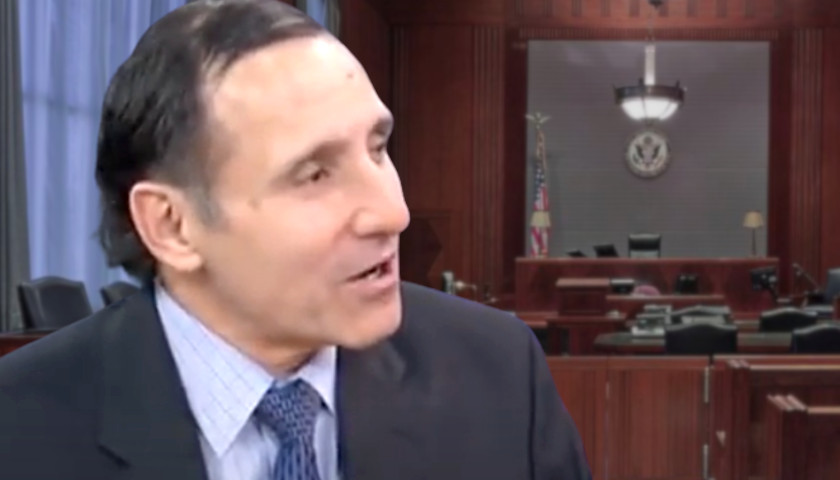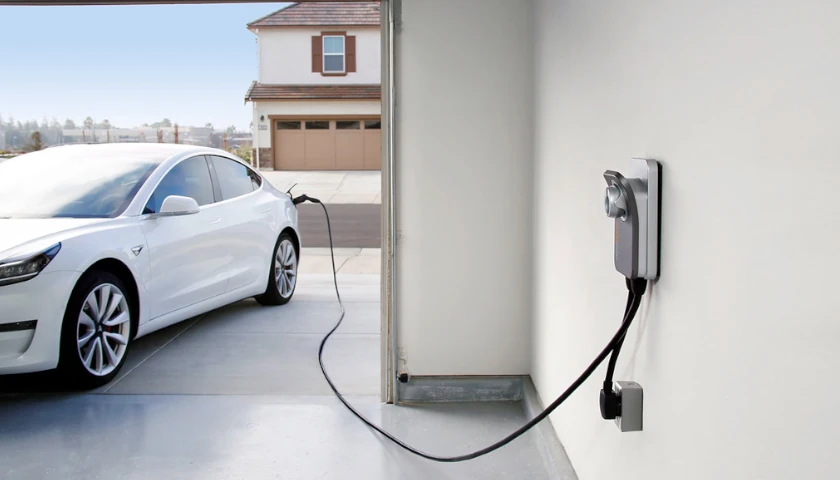A lawsuit that could force House of Delegates candidates to run multiple years in a row had a win Tuesday. Paul Goldman’s lawsuit lists multiple Virginia officials and agencies as defendants, but the Office of the Attorney General argued that they were protected by sovereign immunity. U.S. District Court for the Eastern District of Virginia Judge David Novak ruled that while defendants including Governor Ralph Northam are protected, the lawsuit can proceed against the State Board of Elections and Virginia Department of Elections Commissioner Christopher Piper.
“That’s fine with me because I’ve still got four defendants left, you only need one,” Goldman told The Virginia Star.
Next, Goldman expects Attorney General Mark Herring to appeal the decision to the Fourth Circuit about the defendants, but if not, there will likely be a challenge based on Goldman’s standing to bring the complaint. Goldman said his standing might be challenged because District 68 is comparatively not that over-populated. Goldman said the standing would be indisputable if he adds a plaintiff from Loudoun County, which has seen huge population growth and is currently under-represented.
On Tuesday, the judge set an October 29 deadline to add more plaintiffs.
U.S. Census data was delayed in 2021, delaying redistricting processes and preventing new maps from being completed in time for the 2021 House of Delegates elections. Goldman argues that he is a voter of District 68, and that he is contemplating running for House, but that the district is in violation of the U.S. and Virginia Constitutions. That’s because population shifts since the last redistricting process leave District 68 with more population than it should have.
Goldman is a former chair of the Democratic Party of Virginia, and is broadly interested in election law and the constitutionality of redistricting; in 2020 he filed a lawsuit over the redistricting amendment that voters later passed. Since then, he’s been watching the current redistricting process, and has occasionally weighed in on the Virginia Redistricting Commission’s choices.
As a remedy to the problem posed in his latest lawsuit, Goldman thinks there should be another House of Delegates election held on new maps in 2022, with a possible additional election in 2023. Goldman cites the Virginia redistricting case Cosner v. Dalton which resulted in a decision that the 1981 election could proceed under an unconstitutional redistricting plan, but required new maps and elections in 1982. That option has so far received mixed support from legislators, but that may shift after winners and losers in the 2021 House races are clear — Republicans have a good chance to retake the House majority this year.
“I just think that right now, you’re telling voters to vote for somebody but you can’t tell them whether they’ll serve for one year or two,” Goldman said.
– – –
Eric Burk is a reporter at The Virginia Star and The Star News Network. Email tips to [email protected].
Photo “Paul Goldman” by NoblesTV.





